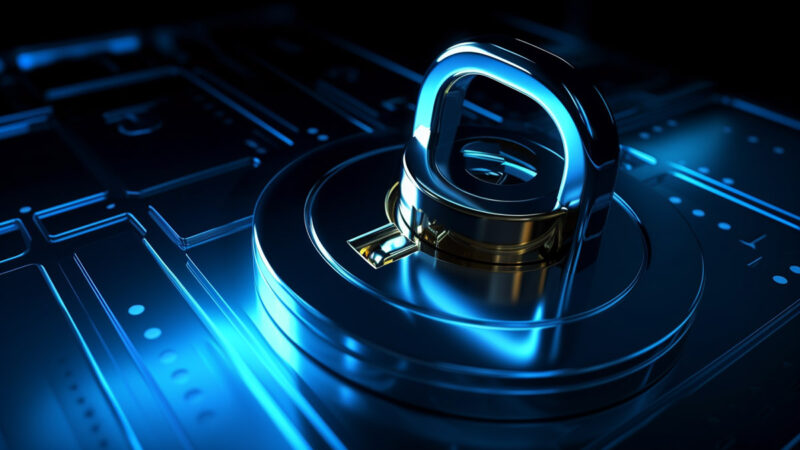
The importance of protecting with passwords
If you had access to an online portal that contained your personal information, would you make the password “password?”
Believe it or not, many Web users would answer “yes.”
Recently, Mashable.com shared the 25 Worst Passwords of 2011. SplashData, a company that offers a password management application, created the list. Here are the top 10 worst passwords of 2011:
- password
- 123456
- 12345678
- qwerty
- abc123
- monkey
- 1234567
- letmein
- trustno1
- dragon
If you use one of the passwords above, I urge you to change it immediately.
Instead, consider these guidelines for creating a strong password. A secure password:
- has at least eight (8) characters (longer is better);
- has at least one uppercase letter;
- has at least one lowercase letter;
- has at least one number;
- has at least one symbol;
- and is not a word, name, or birth date.
How can you convert a weak password into a more robust password? It’s not that difficult. Let’s assume that the old password is “mike1956.” A stronger version, including uppercase letters and symbols, is “M1k3!95b.” An even stronger version contains more characters and looks like “M1k3!95b2w1n.”
If developing a good, random password is proving difficult for you, check out the URL: https://privacycanada.net/strong-password-generator/. This site will generate a secure password and provide a mnemonic to help you remember the complex sequence of characters, numbers, and symbols.
After you have generated a new password, visit https://www.security.org/how-secure-is-my-password/ to learn how quickly (or how long) it might take for a desktop PC to crack your password. Using the passwords from the above example, here are the results:
- mike1956 = About 3 hours
- M1k3!95b = About 57 days
- M1k3!95b2w1n = About 5 million years
Remember, these timeframes are based on an average computer trying to figure out the password. If a hacker is using a supercomputer, they will access your information even faster.
Now that your new password is strong, it is also more complex, and remembering it can be tricky.
Many password management tools are available to keep passwords organized and even enter them automatically into online login forms. The tools are affordable and very powerful.
However, some people hesitate to use these applications because they fear these tools can be hacked. In this case, I recommend the human brain. Making the password into an easy-to-remember phrase can increase the likelihood that it will stick in even the most cluttered minds.
For example, the most complex password above, “M1k3!95b2w1n”, can be translated as “Mike 1956 to win.”
If you do use your brain, it may be inconvenient if you eventually need to remember a password. But this is not the end of the world. Passwords can always be reset or retrieved.
Remember: Hackers are probably not looking to break into your specific accounts but are scouring the Web to find doors with locks that are easy to penetrate.
Take a second to review the locks on your online accounts. Then, take action to reduce the odds of becoming a victim of identity theft, lost data, or financial setbacks.
